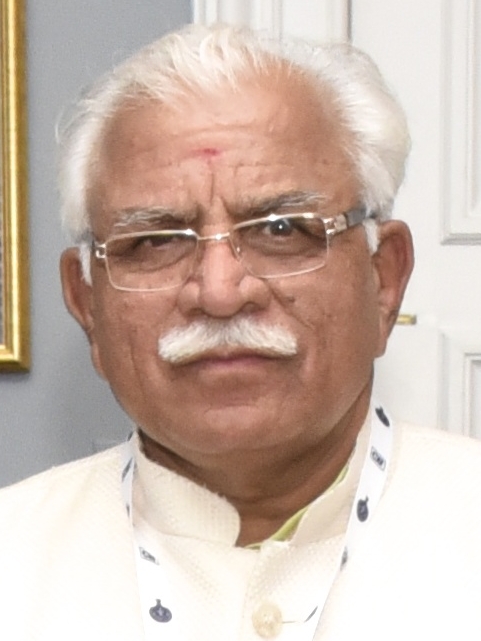In a significant move towards enhancing the reliability, efficiency, and sustainability of India’s electricity sector, Union Minister of Power and Minister for Housing and Urban Affairs, Shri Manohar Lal, today launched a comprehensive compendium of regulations notified by the Central Electricity Authority (CEA) under the Electricity Act, 2003. The event, held in New Delhi, marks a crucial milestone in the ongoing efforts to streamline and standardize practices across the country’s power sector.
The newly launched compendium encapsulates a wide range of regulations that govern the generation, transmission, distribution, and trading of electricity across India. These regulations are critical for ensuring grid stability, promoting efficient use of resources, maintaining safety standards, and facilitating the seamless integration of renewable energy into the national grid. By providing a centralized and easily accessible source of information, the compendium aims to bring uniformity to the power sector’s regulatory framework and ease compliance for all stakeholders.
Key Highlights of the CEA Regulations Compendium:
Grid Standards: The compendium outlines the operational and maintenance standards for the electricity grid, including specifications for voltage, frequency, and system security, alongside provisions for integrating diverse energy sources.
Technical Standards for Grid Connectivity: These regulations establish the technical requirements for connecting generating stations, including renewable energy sources, to the grid, ensuring smooth and stable integration.
Safety and Electric Supply Measures: Comprehensive safety guidelines are provided to protect the public, workers, and equipment during electricity generation, transmission, and distribution, with additional measures for electric vehicle charging stations.
Safety Requirements for Electrical Plants and Lines: The compendium includes updated safety standards to prevent accidents and ensure safe operation, including mandatory safety audits and early warning systems for hydroelectric projects.
Flexible Operation of Coal-Based Thermal Power Units: Regulations support the flexible operation of coal-based power plants, allowing them to operate at reduced power levels to accommodate the growing share of renewable energy in the grid.
Installation and Operation of Meters: Standardized metering practices are outlined to ensure accurate billing, enhance reliability, and promote transparency across the electricity sector.
Furnishing of Statistics and Information: The regulations mandate the submission of data related to electricity generation, transmission, and distribution, enabling the CEA to effectively monitor and analyze the sector’s performance.
Technical Standards for Communication Systems: The compendium sets standards for communication systems within the power sector, aiming to improve operational efficiency through enhanced data transfer and real-time monitoring.
Standards for Construction of Electrical Plants and Lines: Specifications for the design, construction, and maintenance of electrical plants and lines are provided, ensuring safety, reliability, and operational efficiency.
During the launch, Union Minister Shri Manohar Lal stated, "The release of this compendium of CEA regulations is a crucial step towards ensuring transparency in the power sector in India. The regulations encapsulated in this compendium will bring uniformity of rules and will provide a centralized and easily accessible source of information at one place for ease of compliances by the power sector stakeholders.”
The compendium serves as a vital resource for policymakers, developers, operators, and other stakeholders, offering a consolidated reference to ensure compliance with the highest standards in electricity generation, transmission, and distribution. This initiative is expected to significantly contribute to the development of a robust and resilient power infrastructure in India.











